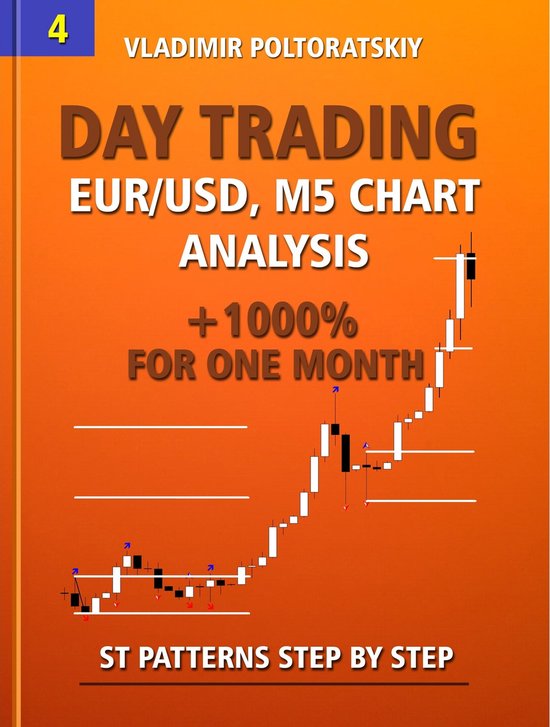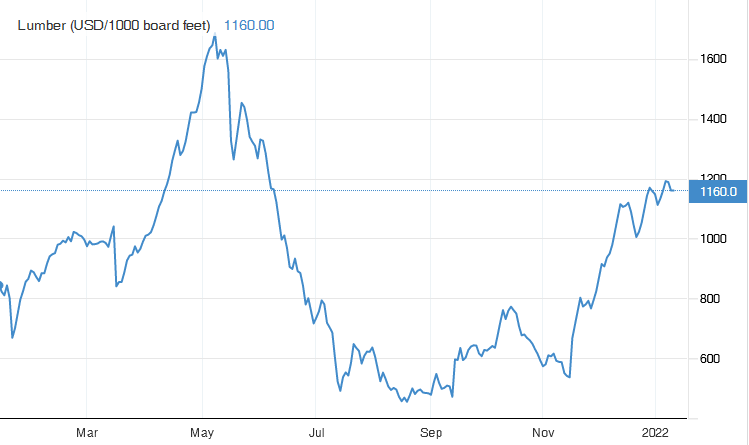
It is quite simple to get into the forex market. It is easy to sign up with a broker. They will check your identity using scanned documents, and then ask you some questions about your trading experiences. Then you will be asked for a few more questions in a follow-up questionnaire.
It is possible to wonder how much money you will need to trade. It all depends on the amount of money you plan to put into trading. Equipment costs may also be important. Hardware and software used to trade are usually quite expensive. A reputable broker is also an asset. This will ensure that you have secure storage of your personal data.
A basic knowledge of the market is essential to be able to make good trading decisions. There are many factors that affect the currency price. It is important to know that the market remains open 24/7, seven days a semaine. The market closes on Saturday at 00:00 GMT. This means that morning traders may not be able to trade until the end.

The US Dollar is the most commonly traded currency in the forex market. It is also one of the most widely traded currencies in the world. The currency exchange is something you might have heard of, but may not be familiar with its purpose. The foreign currency market is where currencies may be purchased or sold across various financial centers. It is also known to be the over-the counter market.
Forex market is the largest international financial market. It is highly liquid, with a daily turnover exceeding $3.98 billion. It is not a physically-located market. Instead, it is managed over the internet via a network made up of computers and bank account. This is not regulated as the stock market. However, many countries do have legal restrictions on trading. It is also illegal in certain countries to trade.
Market dominance is determined by many factors including politics, wars, or natural disasters. News and other events also have an impact on the market. A well-informed trader will know the market trends, and use data to make educated trading decisions. This is the best way to increase the value of your investment.
Forex trading is a great way of earning extra income. It can provide income that will allow you to retire comfortably. There are many resources available to help you understand the currency trading market. Some of them are free. Others can be purchased for a few hundred dollars.

Do your research. Then, decide how much money you're willing to invest. If you trade with a large sum of money, it may be necessary to borrow the money from a broker or put it in another investment. Reinvest any profits you make.
FAQ
Is stock marketable security?
Stock is an investment vehicle that allows you to buy company shares to make money. This is done via a brokerage firm where you purchase stocks and bonds.
Direct investments in stocks and mutual funds are also possible. There are over 50,000 mutual funds options.
The main difference between these two methods is the way you make money. With direct investment, you earn income from dividends paid by the company, while with stock trading, you actually trade stocks or bonds in order to profit.
In both cases you're buying ownership of a corporation or business. But, you can become a shareholder by purchasing a portion of a company. This allows you to receive dividends according to how much the company makes.
Stock trading offers two options: you can short-sell (borrow) shares of stock to try and get a lower price or you can stay long-term with the shares in hopes that the value will increase.
There are three types of stock trades: call, put, and exchange-traded funds. Call and put options let you buy or sell any stock at a predetermined price and within a prescribed time. ETFs can be compared to mutual funds in that they do not own individual securities but instead track a set number of stocks.
Stock trading is very popular because investors can participate in the growth of a business without having to manage daily operations.
Although stock trading requires a lot of study and planning, it can provide great returns for those who do it well. It is important to have a solid understanding of economics, finance, and accounting before you can pursue this career.
What are the benefits to investing through a mutual funds?
-
Low cost - buying shares directly from a company is expensive. A mutual fund can be cheaper than buying shares directly.
-
Diversification - most mutual funds contain a variety of different securities. One type of security will lose value while others will increase in value.
-
Professional management – professional managers ensure that the fund only purchases securities that are suitable for its goals.
-
Liquidity - mutual funds offer ready access to cash. You can withdraw your money at any time.
-
Tax efficiency - mutual funds are tax efficient. Because mutual funds are tax efficient, you don’t have to worry much about capital gains or loss until you decide to sell your shares.
-
For buying or selling shares, there are no transaction costs and there are not any commissions.
-
Mutual funds can be used easily - they are very easy to invest. All you need is money and a bank card.
-
Flexibility: You have the freedom to change your holdings at any time without additional charges.
-
Access to information - You can view the fund's performance and see its current status.
-
Investment advice - you can ask questions and get answers from the fund manager.
-
Security – You can see exactly what level of security you hold.
-
Control - The fund can be controlled in how it invests.
-
Portfolio tracking – You can track the performance and evolution of your portfolio over time.
-
Ease of withdrawal - you can easily take money out of the fund.
Investing through mutual funds has its disadvantages
-
Limited selection - A mutual fund may not offer every investment opportunity.
-
High expense ratio - Brokerage charges, administrative fees and operating expenses are some of the costs associated with owning shares in a mutual fund. These expenses can reduce your return.
-
Lack of liquidity - many mutual fund do not accept deposits. They must only be purchased in cash. This limits the amount that you can put into investments.
-
Poor customer support - customers cannot complain to a single person about issues with mutual funds. Instead, you should deal with brokers and administrators, as well as the salespeople.
-
It is risky: If the fund goes under, you could lose all of your investments.
How does inflation affect the stock market
The stock market is affected by inflation because investors need to pay for goods and services with dollars that are worth less each year. As prices rise, stocks fall. It is important that you always purchase shares when they are at their lowest price.
Statistics
- For instance, an individual or entity that owns 100,000 shares of a company with one million outstanding shares would have a 10% ownership stake. (investopedia.com)
- "If all of your money's in one stock, you could potentially lose 50% of it overnight," Moore says. (nerdwallet.com)
- The S&P 500 has grown about 10.5% per year since its establishment in the 1920s. (investopedia.com)
- Even if you find talent for trading stocks, allocating more than 10% of your portfolio to an individual stock can expose your savings to too much volatility. (nerdwallet.com)
External Links
How To
How to open and manage a trading account
The first step is to open a brokerage account. There are many brokers that provide different services. Some brokers charge fees while some do not. Etrade is the most well-known brokerage.
Once your account has been opened, you will need to choose which type of account to open. You should choose one of these options:
-
Individual Retirement Accounts, IRAs
-
Roth Individual Retirement Accounts
-
401(k)s
-
403(b)s
-
SIMPLE IRAs
-
SEP IRAs
-
SIMPLE 401(k)s
Each option has different benefits. IRA accounts have tax benefits but require more paperwork. Roth IRAs permit investors to deduct contributions out of their taxable income. However these funds cannot be used for withdrawals. SEP IRAs are similar to SIMPLE IRAs, except they can also be funded with employer matching dollars. SIMPLE IRAs have a simple setup and are easy to maintain. They allow employees and employers to contribute pretax dollars, as well as receive matching contributions.
Finally, determine how much capital you would like to invest. This is your initial deposit. A majority of brokers will offer you a range depending on the return you desire. A range of deposits could be offered, for example, $5,000-$10,000, depending on your rate of return. The conservative end of the range is more risky, while the riskier end is more prudent.
After deciding on the type of account you want, you need to decide how much money you want to be invested. Each broker will require you to invest minimum amounts. These minimums vary between brokers, so check with each one to determine their minimums.
You must decide what type of account you want and how much you want to invest. Next, you need to select a broker. You should look at the following factors before selecting a broker:
-
Fees - Be sure to understand and be reasonable with the fees. Many brokers will try to hide fees by offering free trades or rebates. However, some brokers charge more for your first trade. Don't fall for brokers that try to make you pay more fees.
-
Customer service - Look for customer service representatives who are knowledgeable about their products and can quickly answer questions.
-
Security - Look for a broker who offers security features like multi-signature technology or two-factor authentication.
-
Mobile apps – Check to see if the broker provides mobile apps that enable you to access your portfolio wherever you are using your smartphone.
-
Social media presence - Find out if the broker has an active social media presence. If they don't, then it might be time to move on.
-
Technology - Does the broker utilize cutting-edge technology Is the trading platform intuitive? Are there any issues when using the platform?
After choosing a broker you will need to sign up for an Account. While some brokers offer free trial, others will charge a small fee. After signing up, you'll need to confirm your email address, phone number, and password. Next, you'll need to confirm your email address, phone number, and password. You will then need to prove your identity.
Once you're verified, you'll begin receiving emails from your new brokerage firm. These emails contain important information and you should read them carefully. You'll find information about which assets you can purchase and sell, as well as the types of transactions and fees. Be sure to keep track any special promotions that your broker sends. These may include contests or referral bonuses.
The next step is to open an online account. Opening an online account is usually done through a third-party website like TradeStation or Interactive Brokers. These websites are excellent resources for beginners. When opening an account, you'll typically need to provide your full name, address, phone number, email address, and other identifying information. Once this information is submitted, you'll receive an activation code. This code is used to log into your account and complete this process.
After opening an account, it's time to invest!